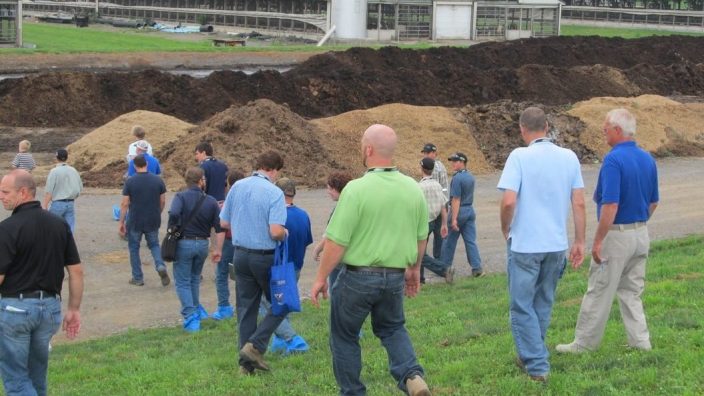Making an impact: Safety program provides crucial grain rescue tools
Grain Bin Safety Week is Feb. 16-22, 2025 – Nominate your local fire department through April 30.
Read MoreManure happens, and it’s about this time of year that many small farms and horse owners begin to think about the daily chores involving piling manure.
As you know, manure can have a lot of value as a fertilizer source for gardens or fields, but proper care must be used to maintain that value, as the bedding source can have negative effects on crops. The carbon to nitrogen (C:N) ration of manure with bedding should be about 25-30 to 1 for adequate degradation without negative effects to the soil. The carbon in that ratio is all the undigested material in the manure and also the bedding. The microbes that break down the manure and release nutrients to the soil require nitrogen to grow and reproduce, so if manure has too much carbon and not enough nitrogen, the microbes will actually take nitrogen from the soil, which is counterproductive. All crops need a lot of nitrogen to grow, and there isn’t a farmer in this world that would willingly take nitrogen from his or her fields.
Horse owners traditionally have a harder time finding an outlet for their manure, and with good reason. Horses bedded with sawdust or wood shavings typically have a C:N ratio of 65 to 1 — too much carbon for proper breakdown. The easiest way to bring down the carbon in the manure is to switch to straw bedding, which will bring the C:N ratio down to 27 to 1.
Sawdust and wood shavings are popular because of the ease of cleanup and use in the barn, and manure with this bedding can still have value, as long as you’re willing to add nitrogen. After removing manure with wood-based bedding, add a half cup of ammonium sulfate (21-0-0) per day for every 1,000 pounds of horse to keep the C:N ratios correct. So, if you have two 1,000-pound quarter horses you will need to add 1 cup of ammonium sulfate to the manure, or if you have a 500-pound pony, you will only need to add a quarter cup. If you do this, you might find it easier to dispose of your manure next year. If your manure pile never decreases in size, that is a good indicator that you have too much carbon, and the addition of ammonium sulfate is needed.
Covering your manure pile is another way to preserve the nutrients and help limit nutrients leaching into the waterways. A simple tarp to keep rain and snow out is sufficient, and one that is dark in color will heat up the pile and help the composting process. Every time it rains, any water that runs out of the pile is taking nutrients with it.
For more information on manure management, contact the OSU Extension Trumbull County office at 330-638-6783.
The Master Gardeners will be offering a training class for new Master Gardeners starting in February. Becoming a Master Gardener is a great way to increase your gardening knowledge and volunteer to help fellow gardeners in the community. If you are interested in becoming a Master Gardener, please call the extension office and ask for an application or download here. Application deadline is December 13th.
Don’t forget to check out and “like” OSU Extension Trumbull County’s Facebook page for current programs and up-to-date information.
This article was submitted by Lee Beers, OSU Extension Trumbull County, Educator. He can be reached at [email protected].


Grain Bin Safety Week is Feb. 16-22, 2025 – Nominate your local fire department through April 30.
Read More

All 13 policies that came from Ohio were passed on the AFBF delegate floor.
Read More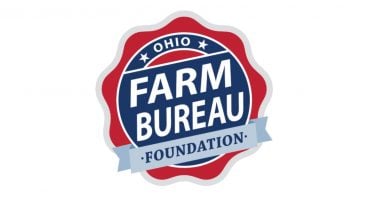
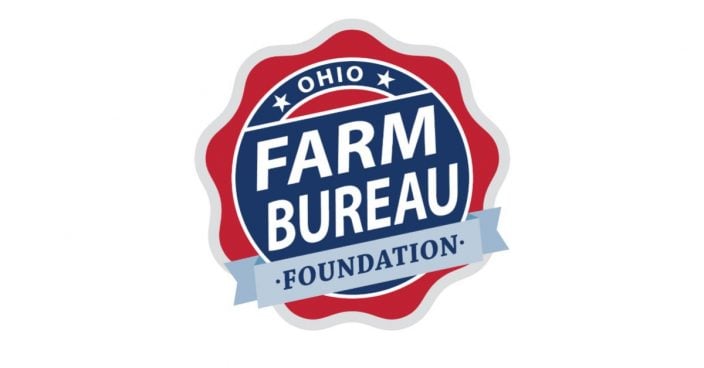
Buckeye Local is pioneering a new standard in rural education innovation, merging physical infrastructure with curricular advancements to deepen students’ interest in agriculture and its extensive career options.
Read More

Ohio Farm Bureau Young Agricultural Professional Abby Campbell of Washington County is the winner of the 2025 American Farm Bureau Discussion Meet.
Read More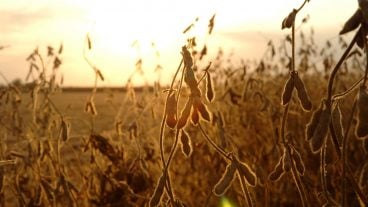
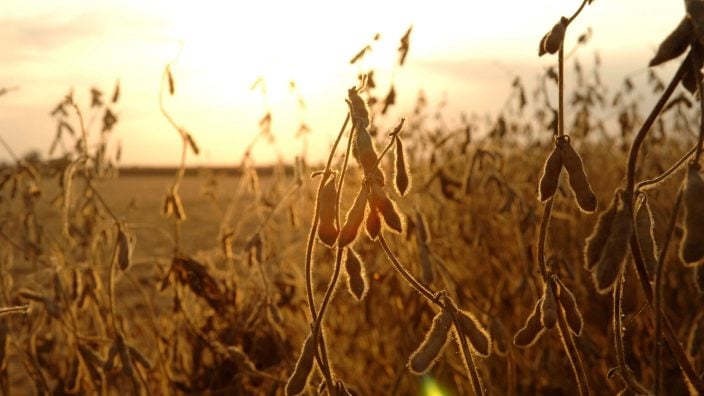
On Jan. 24, the Supreme Court issued an order granting a request by the government to allow enforcement of the Corporate Transparency Act (CTA) while litigation continues over the law.
Read More

Follow the action as it’s happening in San Antonio on Ohio Farm Bureau social media channels: Facebook, YouTube, X and TikTok, using #AFBF25.
Read More

Join Ohio Farm Bureau for a free webinar Feb. 11 to discuss the recent increases in CAUV values, Registration is required.
Read More
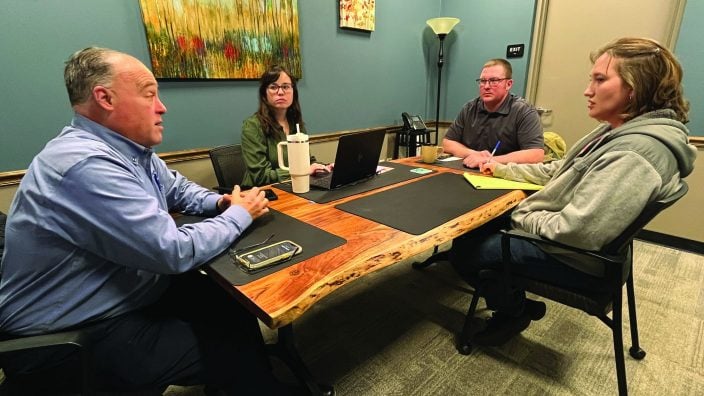
Dr. Ron Hanson helps counsel farm families to resolve conflicts while helping the next generation assure their financial future. He is a featured speaker at the 2025 Winter Leadership Experience.
Read More

Ohio Farm Bureau Foundation recently added four new board members and elected officers of its 14-member board, which oversees the charitable, nonprofit organization.
Read More

Grants support ag-related programming that enhances agricultural literacy efforts while creating pathways for young people to learn about ag careers.
Read More